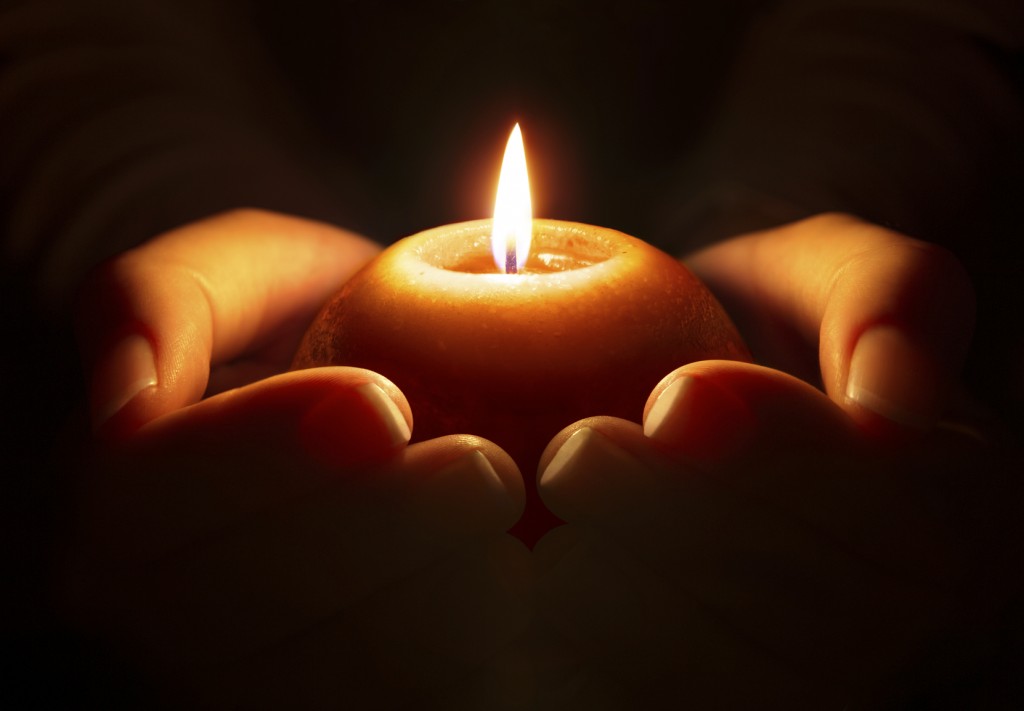Humans are hardwired for awe, but sin distracts us from the glory of our Creator and often we end up worshiping everything but God. We need to shift our awe vertically, rather than horizontally.
Ever since sin entered the world, we have put more focus into our horizontal desires, instead of our vertical relationship with God. Pastor Paul David Tripp says that this creates ‘awe problems’ in our lives. He points us towards the Ten Commandments,
“The Ten Commandments teach us that transgression, breaking God’s Law, is an awe problem before it’s a law problem.”
“The first commands are all about worship of God; they’re about awe of God. God knows if you don’t keep those commands, you’ll never keep the rest of the commands.”
We don’t trust that God will provide for us, so we try to seek satisfaction and fulfillment from material possessions.
“Why do people buy, buy, buy until they have to rent store houses, store rooms or storage places to keep their stuff? I would argue that materialism is an awe problem before it’s a thing problem.”
“If I’ve forgotten God, if awe of Him isn’t ruling my heart, then I’m going to look horizontally to be satisfied; to maybe this next car, maybe this next outfit, maybe this next vacation, maybe this next house.”
We are encouraged to reflect on our own lives to identify if our awe is in anything other than God. Paul says that one way to do this is to take a look at our emotional life.
“Your emotional life is a window into what’s captured your awe.”
Paul encourages each of us to ask ourselves a few important questions:
When am I most happy?
When am I most discouraged?
When am I most angry?
When am I most fearful?
Why are these questions insightful to where we are looking for awe?
“If you answer those honestly you will locate what’s captured your awe. When I am most discouraged is when the thing that seems to capture my awe seems to fall through my fingers, when I’m happiest is when I seem to be enjoying it, when I’m fearful is when I think I’ll never get it, when I’m angry is when someone or some way something is in the way of it.
“This stuff lives a lot more prominently in everyday life then we tend to think.”






















